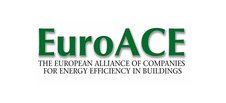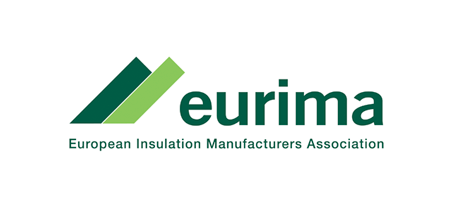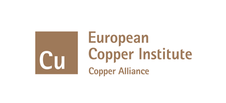Search eceee proceedings
How to decarbonize heavy road transport?
Panel: 4. Mobility, transport, and smart and sustainable cities
This is a peer-reviewed paper.
Authors:
Till Gnann, Fraunhofer Institute for Systems and Innovation Research ISI, Germany
Patrick Plötz, Fraunhofer Institute for Systems and Innovation Research ISI, Germany
André Kühn, Fraunhofer Institute for Systems and Innovation Research ISI, Germany
Martin Wietschel, Fraunhofer Institute for Systems and Innovation Research ISI, Germany
Abstract
Ambitious long-term green house gas (GHG) emission targets require decarbonisation of the transport sector. For road transport, passenger cars with internal combustion engines need to be replaced by electric vehicles. However, despite its growing share of transport’s GHG emissions, no clear solution presents itself for emission reduction on heavy road transport. Potential options include direct electrification of trucks via batteries, over-head power lines, hydrogen and other power-to-X fuels from renewable electricity. Here, we compare these options with respect to their degree of technological readiness, economy, infrastructure costs and GHG reduction potentials. We use cost assumptions and cost reduction potentials from available literature sources and combine them with actual heavy truck usage data. Our results show that the high efficiency in direct usage of electricity from over-head power lines implies less installation of additional renewable power. Yet, it requires hybridization of heavy trucks since only a limited part of annual mileage is likely to take place on electrified road even if a major share of national highways was electrified.
Downloads
Download this paper as pdf: 4-346-17_Gnann.pdf
Download this presentation as pdf: 4-346-17_Gnann_presentation.pdf
Panels of
1. Foundations of future energy policy
2. Policy: governance, design, implementation and evaluation challenges
4. Mobility, transport, and smart and sustainable cities
5. Buildings and construction technologies and systems
6. Buildings policies, directives and programmes
7. Appliances, products, lighting and ICT
8. Monitoring and evaluation: building confidence and enhancing practices























